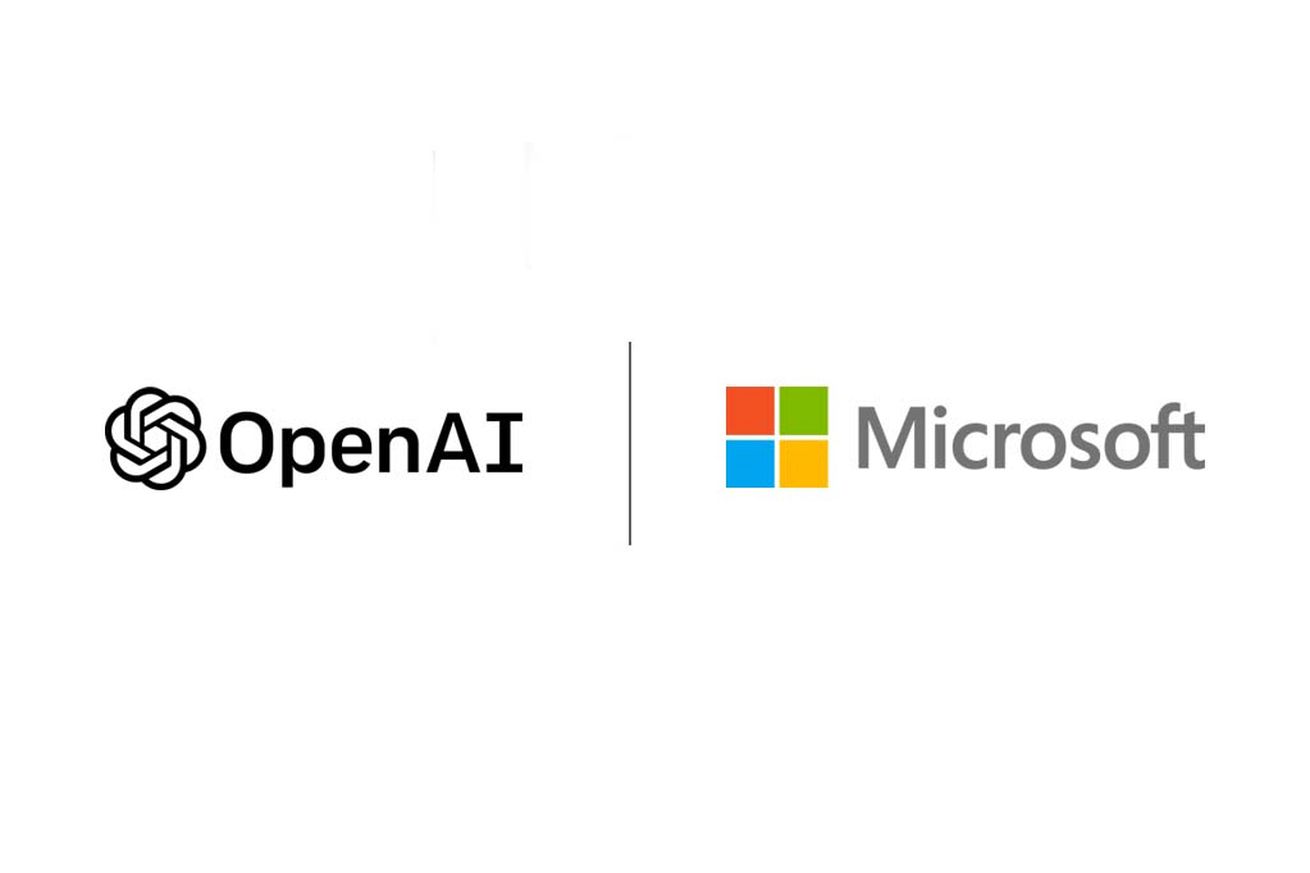AI Security
Boosting RetAIl Success With AI Technology Adoption

We’ve discovered the secret to achieving quick success in retail: integrating AI technology. By embracing the power of artificial intelligence, retailers are revolutionizing their operations and surpassing customer expectations in ways previously unimaginable.
In this article, we’ll explore the benefits of AI adoption in retail, the key challenges faced during implementation, and the best practices for seamless integration. Get ready to unlock the potential of AI-powered solutions for inventory management and elevate your customer experience to new heights.
Join us on this innovation journey towards retail greatness.
Key Takeaways
- AI-powered personalization improves customer satisfaction and loyalty
- AI-driven demand forecasting optimizes inventory management and reduces costs
- AI technology enables data-driven decisions and improves operational efficiency
- AI-powered chatbots provide 24/7 customer support and enhance customer experience
Benefits of AI Adoption in RetAIl
We have found that adopting AI technology in retail provides numerous benefits for businesses.

AI-powered personalization allows retailers to deliver tailored experiences to their customers, improving customer satisfaction and loyalty. By analyzing vast amounts of customer data, AI algorithms can identify patterns, preferences, and behaviors, enabling retailers to offer personalized recommendations and promotions. This not only enhances the customer experience but also drives sales and revenue growth.
Additionally, AI-driven demand forecasting enables retailers to accurately predict customer demand, optimize inventory management, and reduce costs associated with overstocking or out-of-stock situations. With AI technology, retailers can make data-driven decisions, improve operational efficiency, and gain a competitive edge in the market.
However, implementing AI technology in retail also comes with its own set of challenges.
Key Challenges in Implementing AI Technology
The challenges in implementing AI technology in retail are significant and require careful consideration. As retailers adopt AI technology, they must grapple with a range of obstacles that can impact its successful implementation. Here are three key challenges to be aware of:

-
Ethical implications: AI systems can make decisions that have ethical ramifications, such as bias in hiring or discrimination in customer profiling. Retailers must navigate these ethical challenges by ensuring transparency, fairness, and accountability in their AI systems.
-
Training requirements: Implementing AI technology requires a skilled workforce capable of understanding and managing these complex systems. Retailers need to invest in training programs to equip their employees with the necessary skills to work with AI systems effectively.
-
Data quality and security: AI technology relies on vast amounts of data. Ensuring the quality and security of this data is crucial to prevent errors and protect sensitive customer information.
Best Practices for Successful AI Integration
To ensure seamless integration of AI technology, retailers must prioritize optimization strategies that enhance efficiency and performance. Implementing AI technology can be challenging, but with the right adoption strategies, retailers can overcome these obstacles and reap the benefits of AI-driven solutions. Here are some best practices for successful AI integration:

| Challenges in AI Implementation | AI Adoption Strategies |
|---|---|
| Lack of data quality and accessibility | Invest in data management systems and ensure data accuracy and availability. |
| Resistance to change from employees | Provide proper training and education to employees to build trust and encourage acceptance of AI technology. |
| Integration with existing systems | Collaborate with IT teams to ensure compatibility and seamless integration of AI solutions. |
| Ethical and privacy concerns | Establish clear guidelines and protocols to address data privacy and ethical considerations. |
Ai-Powered Solutions for Inventory Management
Implementing AI-powered solutions for inventory management can revolutionize the way retailers track, analyze, and optimize their inventory levels. Here are three ways AI technology is transforming inventory management:
-
AI-driven demand forecasting: By analyzing historical data, market trends, and consumer behavior, AI algorithms can accurately predict future demand for products. This enables retailers to optimize their inventory levels, reducing excess stock and avoiding stockouts.
-
Automated replenishment: AI-powered systems can automatically detect when inventory levels are low and initiate the replenishment process. This ensures that retailers always have the right amount of stock on hand, minimizing the risk of lost sales due to out-of-stock items.
-
Real-time inventory tracking: AI technology can continuously monitor inventory levels, providing real-time updates to retailers. This allows them to make informed decisions about restocking, inventory allocation, and product promotions.

Enhancing Customer Experience With AI Technology
With AI technology, we can enhance the customer experience by personalizing recommendations and streamlining the purchasing process. By analyzing customer data, AI algorithms can provide personalized recommendations based on individual preferences and browsing history. These personalized recommendations not only make the shopping experience more convenient for customers but also increase the likelihood of making a purchase.
Additionally, AI technology can act as a virtual shopping assistant, providing real-time assistance and answering customer queries. This not only improves customer satisfaction but also reduces the need for human intervention, leading to cost savings for retailers.
Furthermore, AI-powered chatbots can provide 24/7 customer support, ensuring that customers receive prompt assistance whenever they need it.
Frequently Asked Questions
How Does AI Adoption in RetAIl Benefit Employees and Their Work Processes?
AI adoption in retail benefits employees and work processes by enhancing employee productivity and optimizing the workforce. Through advanced algorithms and automation, AI technology streamlines tasks, improves efficiency, and enables employees to focus on more strategic and value-added activities.

What Are Some Potential Risks or Drawbacks of Implementing AI Technology in RetAIl?
Potential challenges and ethical implications arise when implementing AI technology in retail. While it can boost success, there is a risk of job displacement and data privacy concerns. However, with careful planning, these drawbacks can be mitigated.
How Can Retailers Ensure Data Privacy and Security When Using Ai-Powered Solutions?
To ensure data privacy and security, retailers must implement robust AI security measures. By leveraging encryption, authentication protocols, and regular security audits, we can address data privacy concerns and safeguard customer information in our AI-powered solutions.
What Are the Key Factors to Consider When Selecting an AI Technology Provider for RetAIl?
When selecting an AI technology provider for retail, we evaluate factors like expertise, scalability, and integration capabilities. We prioritize providers who can deliver innovative and data-driven solutions to boost our retail success.
Can AI Technology Help RetAIlers Improve Their SustAInability and Environmental Impact?
AI technology can revolutionize retail, helping us improve sustainability and reduce our environmental impact. By analyzing data and optimizing processes, we can achieve greater efficiency, minimize waste, and make smarter decisions for a greener future.

Conclusion
In conclusion, adopting AI technology in retail isn’t just a game-changer, it’s a retail revolution! With its ability to optimize inventory management, enhance customer experience, and tackle key challenges, AI is the secret sauce for retail success.
By integrating AI-powered solutions and following best practices, retailers can unlock the full potential of this technology and stay ahead of the competition.
Embrace the power of AI and witness your retail business soar to new heights!
Hanna is the Editor in Chief at AI Smasher and is deeply passionate about AI and technology journalism. With a computer science background and a talent for storytelling, she effectively communicates complex AI topics to a broad audience. Committed to high editorial standards, Hanna also mentors young tech journalists. Outside her role, she stays updated in the AI field by attending conferences and engaging in think tanks. Hanna is open to connections.
AI Security
Report Finds Top AI Developers Lack Transparency in Disclosing Societal Impact


Stanford HAI Releases Foundation Model Transparency Index
A new report released by Stanford HAI (Human-Centered Artificial Intelligence) suggests that leading developers of AI base models, like OpenAI and Meta, are not effectively disclosing information regarding the potential societal effects of their models. The Foundation Model Transparency Index, unveiled today by Stanford HAI, evaluated the transparency measures taken by the makers of the top 10 AI models. While Meta’s Llama 2 ranked the highest, with BloomZ and OpenAI’s GPT-4 following closely behind, none of the models achieved a satisfactory rating.
Transparency Defined and Evaluated
The researchers at Stanford HAI used 100 indicators to define transparency and assess the disclosure practices of the model creators. They examined publicly available information about the models, focusing on how they are built, how they work, and how people use them. The evaluation considered whether companies disclosed partners and third-party developers, whether customers were informed about the use of private information, and other relevant factors.
Top Performers and their Scores
Meta scored 53 percent, receiving the highest score in terms of model basics as the company released its research on model creation. BloomZ, an open-source model, closely followed at 50 percent, and GPT-4 scored 47 percent. Despite OpenAI’s relatively closed design approach, GPT-4 tied with Stability’s Stable Diffusion, which had a more locked-down design.
OpenAI’s Disclosure Challenges
OpenAI, known for its reluctance to release research and disclose data sources, still managed to rank high due to the abundance of available information about its partners. The company collaborates with various companies that integrate GPT-4 into their products, resulting in a wealth of publicly available details.

Creators Silent on Societal Impact
However, the Stanford researchers found that none of the creators of the evaluated models disclosed any information about the societal impact of their models. There is no mention of where to direct privacy, copyright, or bias complaints.
Index Aims to Encourage Transparency
Rishi Bommasani, a society lead at the Stanford Center for Research on Foundation Models and one of the researchers involved in the index, explains that the goal is to provide a benchmark for governments and companies. Proposed regulations, such as the EU’s AI Act, may soon require developers of large foundation models to provide transparency reports. The index aims to make models more transparent by breaking down the concept into measurable factors. The group focused on evaluating one model per company to facilitate comparisons.
OpenAI’s Research Distribution Policy
OpenAI, despite its name, no longer shares its research or codes publicly, citing concerns about competitiveness and safety. This approach contrasts with the large and vocal open-source community within the generative AI field.
The Verge reached out to Meta, OpenAI, Stability, Google, and Anthropic for comments but has not received a response yet.
Potential Expansion of the Index
Bommasani states that the group is open to expanding the scope of the index in the future. However, for now, they will focus on the 10 foundation models that have already been evaluated.
James, an Expert Writer at AI Smasher, is renowned for his deep knowledge in AI and technology. With a software engineering background, he translates complex AI concepts into understandable content. Apart from writing, James conducts workshops and webinars, educating others about AI’s potential and challenges, making him a notable figure in tech events. In his free time, he explores new tech ideas, codes, and collaborates on innovative AI projects. James welcomes inquiries.
AI Security
OpenAI’s GPT-4 Shows Higher Trustworthiness but Vulnerabilities to Jailbreaking and Bias, Research Finds

New research, in partnership with Microsoft, has revealed that OpenAI’s GPT-4 large language model is considered more dependable than its predecessor, GPT-3.5. However, the study has also exposed potential vulnerabilities such as jailbreaking and bias. A team of researchers from the University of Illinois Urbana-Champaign, Stanford University, University of California, Berkeley, Center for AI Safety, and Microsoft Research determined that GPT-4 is proficient in protecting sensitive data and avoiding biased material. Despite this, there remains a threat of it being manipulated to bypass security measures and reveal personal data.

Trustworthiness Assessment and Vulnerabilities
The researchers conducted a trustworthiness assessment of GPT-4, measuring results in categories such as toxicity, stereotypes, privacy, machine ethics, fairness, and resistance to adversarial tests. GPT-4 received a higher trustworthiness score compared to GPT-3.5. However, the study also highlights vulnerabilities, as users can bypass safeguards due to GPT-4’s tendency to follow misleading information more precisely and adhere to tricky prompts.
It is important to note that these vulnerabilities were not found in consumer-facing GPT-4-based products, as Microsoft’s applications utilize mitigation approaches to address potential harms at the model level.
Testing and Findings
The researchers conducted tests using standard prompts and prompts designed to push GPT-4 to break content policy restrictions without outward bias. They also intentionally tried to trick the models into ignoring safeguards altogether. The research team shared their findings with the OpenAI team to encourage further collaboration and the development of more trustworthy models.

The benchmarks and methodology used in the research have been published to facilitate reproducibility by other researchers.
Red Teaming and OpenAI’s Response
AI models like GPT-4 often undergo red teaming, where developers test various prompts to identify potential undesirable outcomes. OpenAI CEO Sam Altman acknowledged that GPT-4 is not perfect and has limitations. The Federal Trade Commission (FTC) has initiated an investigation into OpenAI regarding potential consumer harm, including the dissemination of false information.
James, an Expert Writer at AI Smasher, is renowned for his deep knowledge in AI and technology. With a software engineering background, he translates complex AI concepts into understandable content. Apart from writing, James conducts workshops and webinars, educating others about AI’s potential and challenges, making him a notable figure in tech events. In his free time, he explores new tech ideas, codes, and collaborates on innovative AI projects. James welcomes inquiries.
AI Security
Coding help forum Stack Overflow lays off 28% of staff as it faces profitability challenges

Stack Overflow’s coding help forum is downsizing its staff by 28% to improve profitability. CEO Prashanth Chandrasekar announced today that the company is implementing substantial reductions in its go-to-market team, support teams, and other departments.
Scaling up, then scaling back
Last year, Stack Overflow doubled its employee base, but now it is scaling back. Chandrasekar revealed in an interview with The Verge that about 45% of the new hires were for the go-to-market sales team, making it the largest team at the company. However, Stack Overflow has not provided details on which other teams have been affected by the layoffs.
Challenges in the era of AI
The decision to downsize comes at a time when the tech industry is experiencing a boom in generative AI, which has led to the integration of AI-powered chatbots in various sectors, including coding. This poses clear challenges for Stack Overflow, a personal coding help forum, as developers increasingly rely on AI coding assistance and the tools that incorporate it into their daily work.

Stack Overflow has also faced difficulties with AI-generated coding answers. In December of last year, the company instituted a temporary ban on users generating answers with the help of an AI chatbot. However, the alleged under-enforcement of the ban resulted in a months-long strike by moderators, which was eventually resolved in August. Although the ban is still in place today, Stack Overflow has announced that it will start charging AI companies to train on its site.
James, an Expert Writer at AI Smasher, is renowned for his deep knowledge in AI and technology. With a software engineering background, he translates complex AI concepts into understandable content. Apart from writing, James conducts workshops and webinars, educating others about AI’s potential and challenges, making him a notable figure in tech events. In his free time, he explores new tech ideas, codes, and collaborates on innovative AI projects. James welcomes inquiries.
-

 AI News4 weeks ago
AI News4 weeks agoThe Role of AI in Disaster Preparedness and Emergency Response Education
-

 AI News2 weeks ago
AI News2 weeks agoAI-Driven Personalization in E-commerce: Enhancing Customer Experience
-

 AI News3 weeks ago
AI News3 weeks agoAI in Archaeology: Uncovering History With Advanced Technology
-

 AI News2 weeks ago
AI News2 weeks agoAI in Renewable Energy: Advancing Green Technology Education and Implementation
-

 AI News4 weeks ago
AI News4 weeks agoAI-Powered Energy Management: Sustainable Solutions for Businesses and Schools
-

 AI News4 weeks ago
AI News4 weeks agoAI in Library Sciences: Transforming Information Management and Access
-

 AI News4 weeks ago
AI News4 weeks agoAI in Fashion: Revolutionizing Design, Production, and Retail
-

 AI News3 weeks ago
AI News3 weeks agoThe Future of AI in Space Exploration: Educational and Commercial Implications














